The Best Companion Plants For Squash
The Best Companion Plants for Squash
Squash is a delicious and versatile vegetable that can be enjoyed in many different dishes. But did you know that there are certain plants that can actually help your squash plants grow better? Companion planting is the practice of planting different types of plants together in order to benefit each other. By planting the right companion plants with your squash, you can improve their growth, prevent pests and diseases, and even improve the flavor of your harvest.
In this blog post, we will discuss some of the best companion plants for squash. We will also talk about how to plant them together and some of the benefits you can expect to see.
Why Companion Plant Squash?
There are many reasons why you might want to companion plant squash. Here are a few of the most common benefits:
- Improved growth: Some companion plants can help to improve the growth of squash plants by providing them with nutrients, shade, or support. For example, beans and peas are nitrogen-fixing plants, which means they can add nitrogen to the soil, which is essential for squash growth. Sunflowers can provide shade for squash plants in hot climates, and corn can help to protect squash plants from wind damage.
- Prevention of pests and diseases: Some companion plants can help to repel pests and diseases that can damage squash plants. For example, marigolds can help to repel aphids, nasturtiums can help to repel whiteflies, and borage can help to attract beneficial insects that prey on pests.
- Improved flavor: Some companion plants can actually improve the flavor of squash. For example, dill can add a subtle licorice flavor to squash, and mint can add a refreshing minty flavor.
What Companion Plants Are Good for Squash?
There are many different companion plants that can be beneficial for squash. Some of the most popular options include:
- Beans: Beans are a nitrogen-fixing plant, which means they can add nitrogen to the soil, which is essential for squash growth. They can also help to suppress weeds and improve soil drainage.
-(2).jpg)
- Corn: Corn can help to protect squash plants from wind damage and provide them with support. It can also help to attract pollinators, which are essential for squash pollination.

- Sunflowers: Sunflowers can provide shade for squash plants in hot climates and help to attract pollinators. They can also help to improve soil drainage.
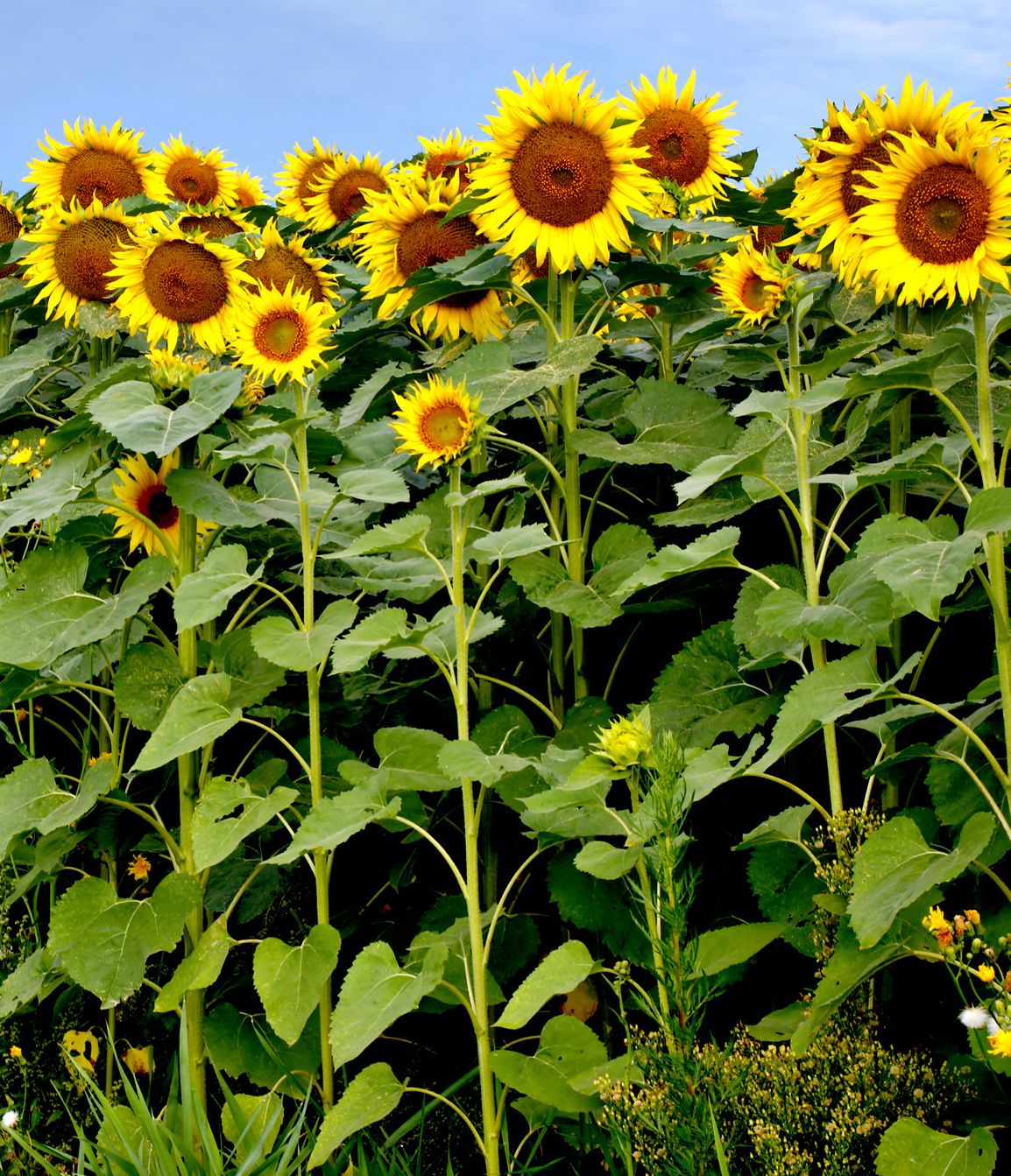
- Marigolds: Marigolds can help to repel aphids, whiteflies, and other pests that can damage squash plants. They can also help to improve soil drainage.
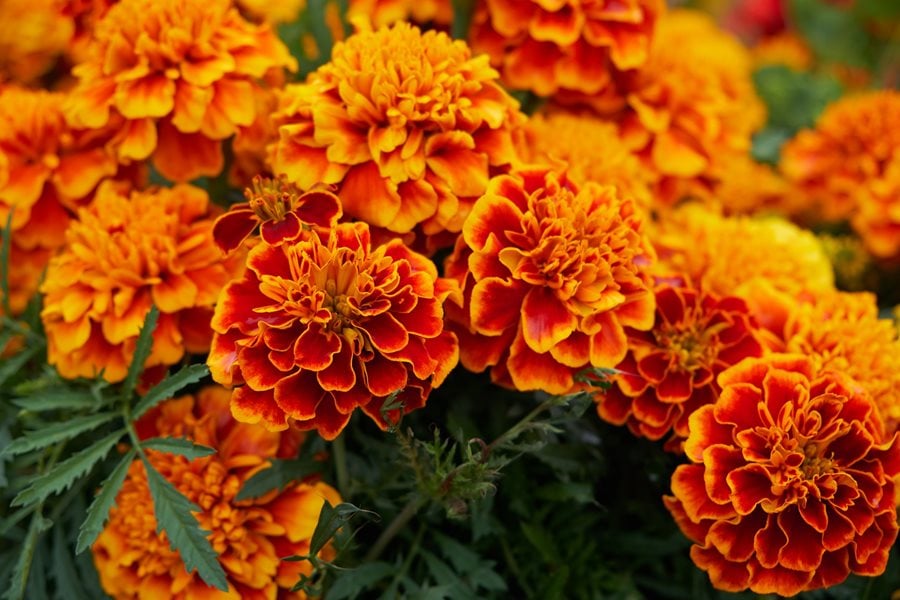
- Nasturtiums: Nasturtiums can help to repel whiteflies, aphids, and other pests that can damage squash plants. They can also help to improve soil drainage.

- Borage: Borage can attract beneficial insects that prey on pests, such as ladybugs and lacewings. It can also help to improve soil drainage and repel cabbage moths.
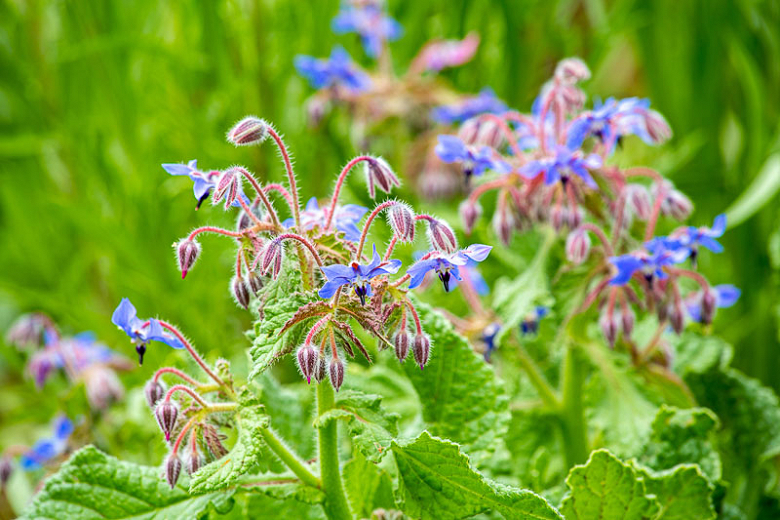
- Dill: Dill can help to attract beneficial insects that prey on pests, such as ladybugs and lacewings. It can also help to improve soil drainage and repel cabbage moths.
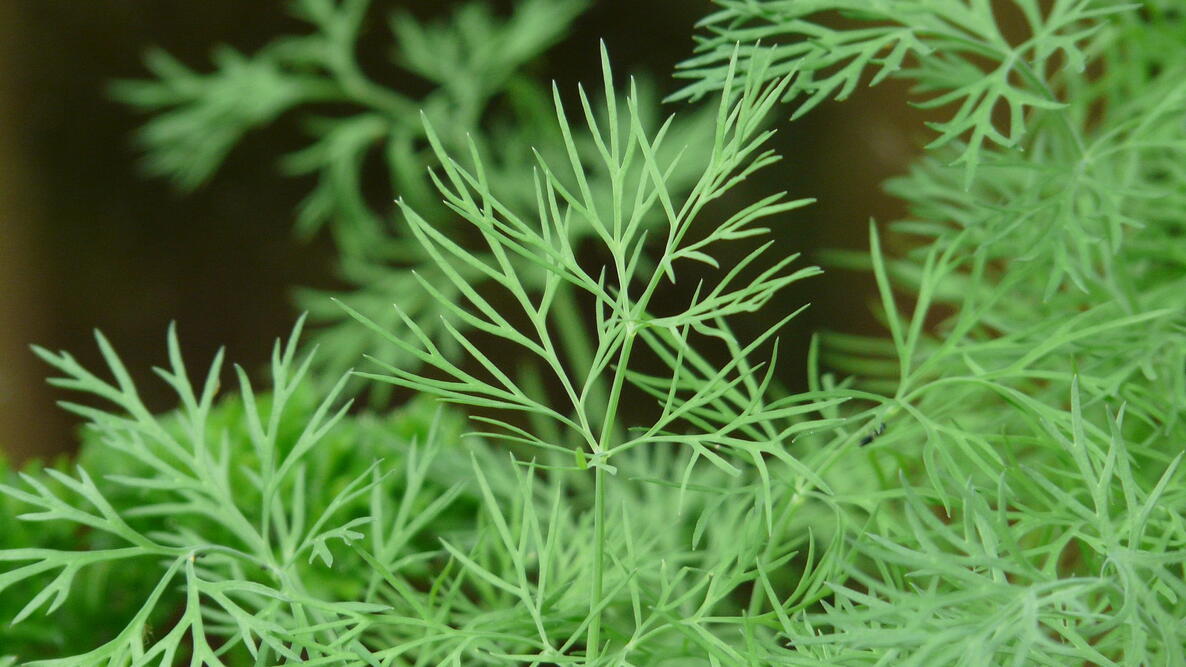
- Peas: Peas are a nitrogen-fixing plant, which means they can add nitrogen to the soil, which is essential for squash growth. They can also help to suppress weeds and improve soil drainage.
- Radishes: Radishes can help to deter squash vine borers, which are a common pest of squash plants. They can also help to improve soil drainage.
How to Plant Companion Plants with Squash
When planting companion plants with squash, it is important to consider the size and growth habits of both plants. For example, if you are planting corn with squash, you will need to make sure that the corn has enough space to grow without shading the squash. You will also need to make sure that the companion plants are not susceptible to the same pests and diseases as the squash.
In general, it is best to plant companion plants with squash in the same row or in alternating rows. This will help to maximize the benefits of companion planting and minimize the risk of pests and diseases.
Conclusion
Companion planting is a great way to improve the growth, health, and flavor of your squash plants. By planting the right companion plants with your squash, you can enjoy a bountiful harvest of delicious squash all season long.
Are you looking for a companion to play squash with? If so, I highly recommend visiting Gardenia Inspiration. They have a wide variety of partners to choose from, all of whom are experienced and skilled in the sport. You can even take a free trial lesson to see if you're a good fit.
Here are just a few of the reasons why you should visit Gardenia Inspiration:
- They have a large database of partners, so you're sure to find someone who matches your skill level and playing style.
- Their partners are all background checked and insured, so you can play with peace of mind.
- They offer a variety of membership options, so you can find one that fits your budget and needs.
- They have a customer service team that is available 24/7 to help you with any questions or concerns you may have.
So what are you waiting for? Visit Gardenia Inspiration today and find your perfect squash partner!
FAQ of companion for squash
- What are some good companion plants for squash?
Some of the best companion plants for squash include:
* Beans: Beans are nitrogen-fixing plants, which means they can help to improve the soil quality for your squash plants.
* Borage: Borage is a flowering herb that attracts beneficial insects, such as bees and ladybugs, which can help to control pests.
* Cosmos: Cosmos is a flowering plant that helps to deter pests, such as squash bugs and cucumber beetles.
* Dill: Dill is a herb that helps to attract pollinators, such as bees and butterflies, which can help to improve the pollination of your squash plants.
* Marigolds: Marigolds are flowering plants that help to deter pests, such as squash bugs and cucumber beetles.
- What are some plants that I should avoid planting near squash?
Some plants that you should avoid planting near squash include:
* Brassicas: Brassicas, such as broccoli, cabbage, and kale, are susceptible to the same pests as squash, so planting them together can increase the risk of pest infestation.
* Potatoes: Potatoes and squash are both heavy feeders, so planting them together can lead to competition for nutrients.
* Tomatoes: Tomatoes and squash can both attract the same pests, so planting them together can increase the risk of pest infestation.
- How can companion planting help my squash plants?
Companion planting can help your squash plants in a number of ways, including:
* Attracting beneficial insects: Some companion plants, such as borage and marigolds, attract beneficial insects, such as bees and ladybugs, which can help to control pests.
* Improving soil quality: Some companion plants, such as beans, are nitrogen-fixing plants, which means they can help to improve the soil quality for your squash plants.
* Decreasing competition for resources: Some companion plants, such as sunflowers, can help to shade your squash plants from the hot sun and reduce competition for water and nutrients.
* Distracting pests: Some companion plants, such as nasturtiums, can have a smell or taste that pests find unpleasant, which can help to distract them from your squash plants.
- How far apart should I plant squash and its companion plants?
The spacing requirements for squash and its companion plants will vary depending on the specific plants involved. However, as a general rule of thumb, you should space squash plants at least 3 feet apart and companion plants at least 1 foot apart.
- What are some other tips for companion planting with squash?
Here are a few other tips for companion planting with squash:
* Do your research: Before you plant any companion plants, do some research to make sure that they are compatible with squash.
* Experiment: There is no one-size-fits-all approach to companion planting, so don't be afraid to experiment and see what works best for you.
* Pay attention to your plants: As you garden, pay attention to how your plants are doing and make adjustments as needed.
Image of companion for squash
- Marigolds: Marigolds are a great companion plant for squash because they help to repel pests, such as squash bugs and cucumber beetles. They also attract beneficial insects, such as ladybugs and lacewings, which help to control pests.
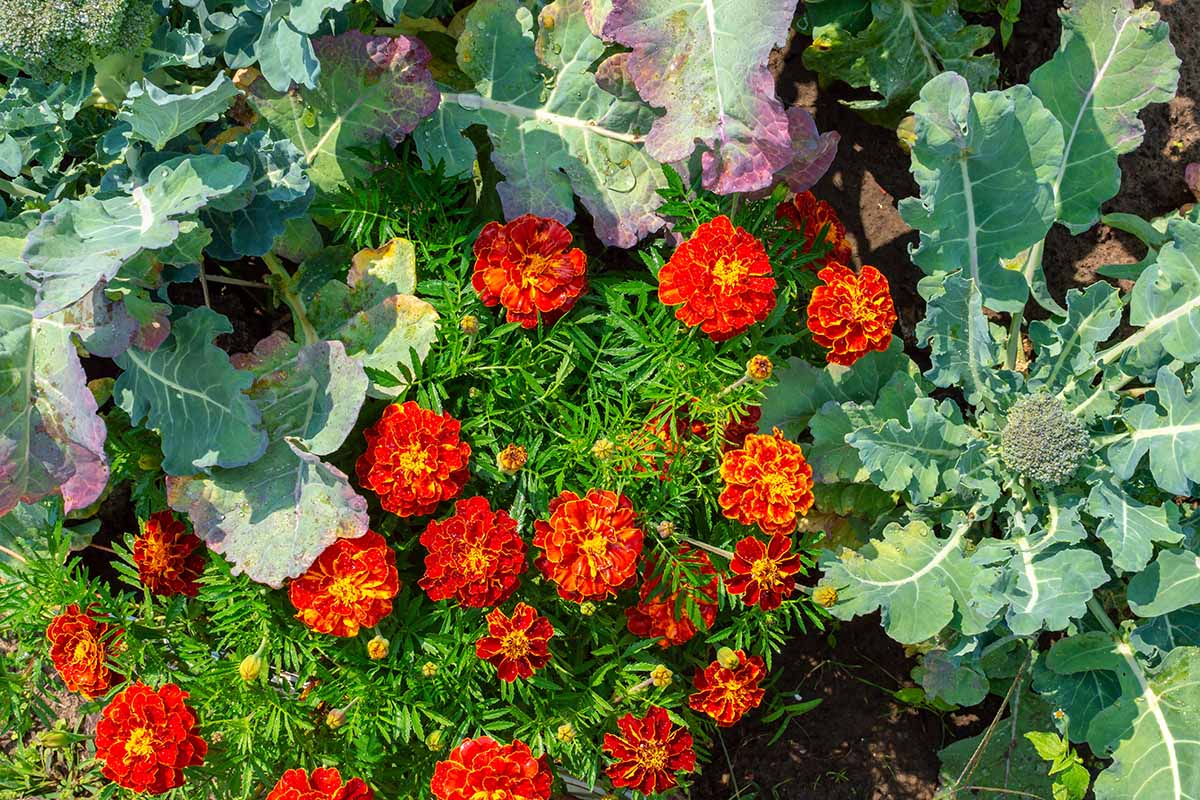
- Nasturtiums: Nasturtiums are another great companion plant for squash. They help to deter pests, such as cucumber beetles and squash bugs. They also add nitrogen to the soil, which can benefit the growth of squash plants.

- Chives: Chives are a good companion plant for squash because they help to repel pests, such as aphids and spider mites. They also add sulfur to the soil, which can benefit the growth of squash plants.
- Cucumbers: Cucumbers and squash can be planted together because they have similar growing requirements. They both need full sun and well-drained soil. Cucumbers can also help to shade the soil around squash plants, which can help to prevent weeds from growing.
- Pole beans: Pole beans can be planted near squash plants because they can help to support the growth of the squash vines. Pole beans also fix nitrogen in the soil, which can benefit the growth of squash plants.
Post a Comment for "The Best Companion Plants For Squash"